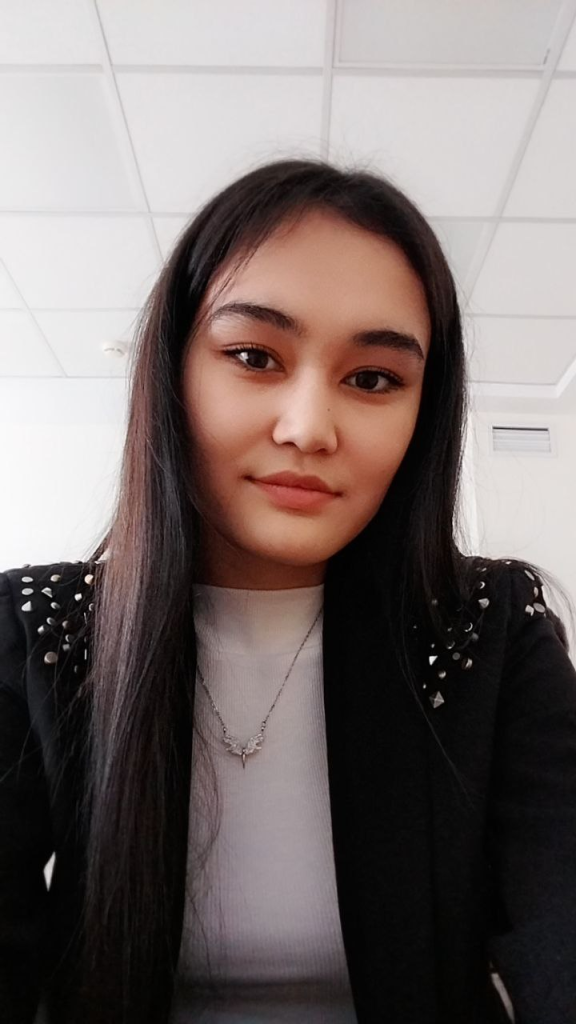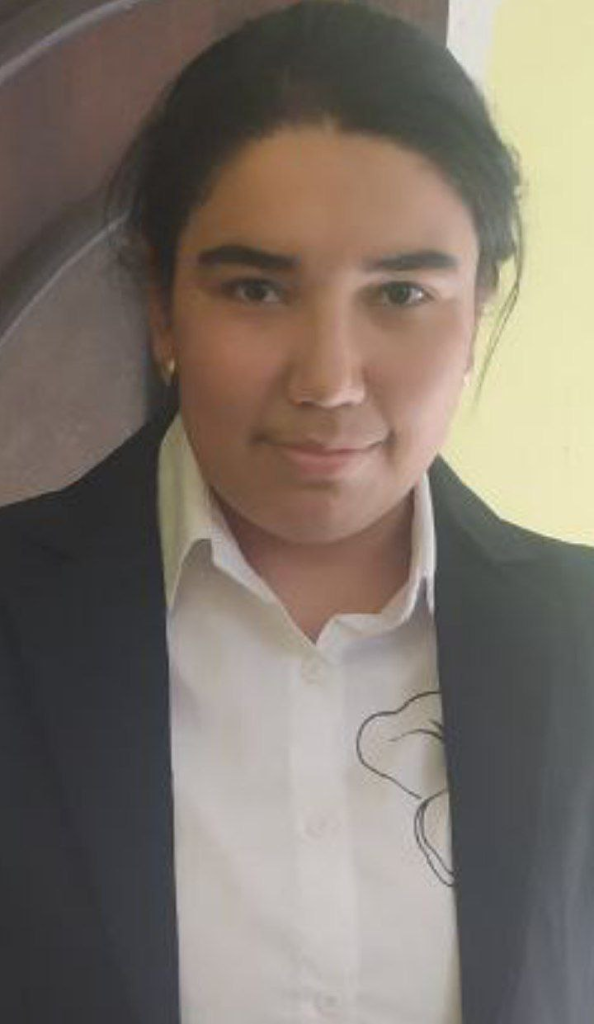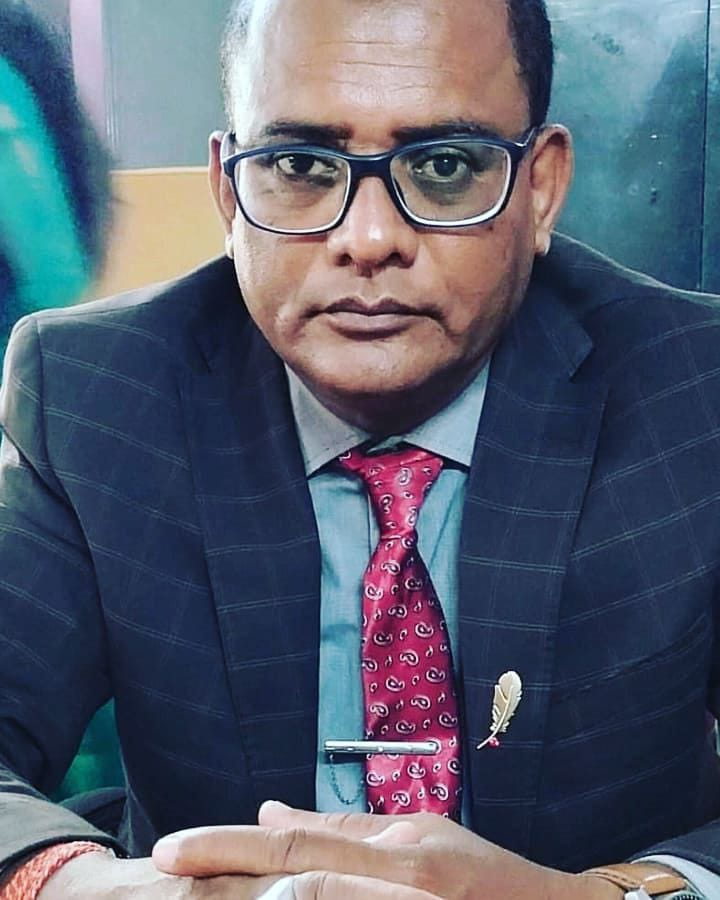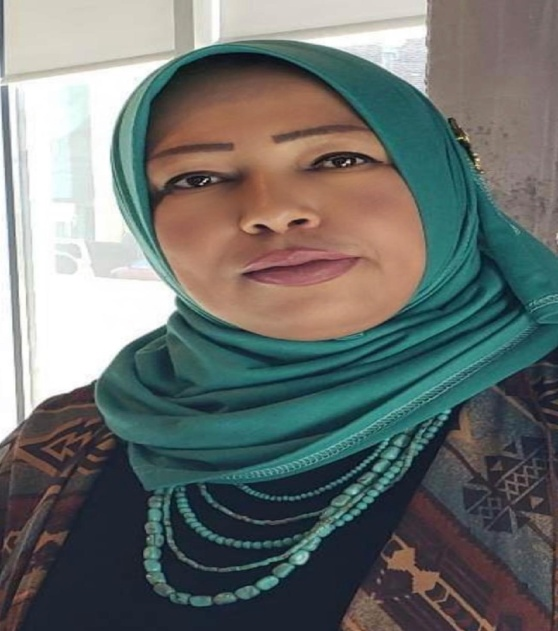
The Importance of Uzbek Folk Tales and Literary Tales
Abstract: Uzbek folk oral literature is very rich and unparalleled. It can be said without a doubt that the oral literature of each nation clearly shows its history. Therefore, if we consider folk oral literature as a spring, it can be likened to a tree nourished by this spring. Through the works of oral folk literature, people learn from the wisdom and bravery of their ancestors, and become acquainted with their great ancestors and their way of life. In folklore, the wisdom, talent, and linguistic richness of the people are manifested. Tales serve as an important source in studying the history, spiritual and cultural lifestyle, inner world, faith, social relations with other brotherly nations, customs, climate, and natural conditions of each nation.
Keywords: Uzbek folk tale, literary tale, types of tales, impact on children
A tale is one of the ancient genres belonging to the epic type, widely spread among the people, reflecting the national values, lifestyle, traditions, and customs that have been formed over centuries. Mainly narrated in prose by professional storytellers, tales have evolved into a unified poetic system with a unique artistic structure and motifs.
The term is mentioned in Mahmud Kashgari’s “Devoni Lugati Turk” and means narrating an event orally. Tales are referred to as matal in Surkhandarya, Samarkand, Fergana regions, ushuk in the districts and villages around Bukhara, varsaqi in Khorezm, and cho‘pchak in Tashkent city and its surroundings. Tales differ from other folklore genres by depicting life truths based on imagination and realistic fabrications, involving magical and enchanting elements, extraordinary events, and the supernatural bravery of heroes.
Fiction is a crucial criterion in tales, forming the basis of plot events and ensuring the resolution of conflicts. Various examples of fabrications serve an educational aesthetic function, acting as a unique artistic depiction tool. Fabrications portray events and phenomena in an unreal or real manner. Based on the participation of imaginative and realistic fabrications and their role in the plot, tales can be divided into two groups: tales based on imaginative fabrications and tales based on realistic fabrications.
The plot of a tale with imaginative fabrications is magical, while the plot of a tale based on realistic fabrications is more lifelike, depicting real events. A tale typically narrates three main goals. The first involves the hero’s bravery and defense of people’s interests against evil forces; the second narrates the hero’s love for princesses or fairies from other lands, finding medicine for the sick, and rescuing people kidnapped by dragons and demons; the third describes the hero’s struggle against injustice and oppression.
The first goal is achieved through the hero’s active effort and supernatural strength, the second with the help of magical tools assisting the passive hero, and the third through the hero’s wisdom and resourcefulness.
Folk Tales: Folk tales are rightfully considered a powerful source of historical facts, providing information about the life and social structure of a particular people. Each nation has created many instructive stories for adults and children, passing on their experiences and wisdom to the next generations.
Folk tales reflect human relationships and changes, highlighting the immutability of basic values and teaching the clear distinction between good and evil, joy and sorrow, love and hatred, truth and falsehood. A unique feature of folk tales is that the deepest social meaning is hidden in simple and easy-to-read text. They also preserve the richness of the people’s language. What kinds of folk tales are there? They can be magical, household, or often about animals.
It is often asked when the first Russian folk song was invented. This remains a mystery, and only assumptions can be made. It is believed that the first “hero” tales were about natural phenomena such as the Sun, Moon, Earth, etc. Later, they were subjected to human influence, and stories of people and animals were included in the tales. There is a hypothesis that all Russian folk stories have a real basis. In other words, some events were retold in the form of tales, changing over centuries and reaching us in the form we are accustomed to.
When comparing folk and literary tales, it should be considered that the latter appeared much later than the former. By incorporating educational ideas, European literature began rewriting folk legends in the 18th century, and by the 19th century, it became traditional to create wonderful plots. Among those who succeeded in this field, A. Hoffmann, C. Perrault, H. C. Andersen, and, of course, the Brothers Grimm are recognized as the genre’s classics.
The similarity between literary and folk tales lies in the repetition of folkloric motifs and the presence of magical attributes, but the literary development of plots and the choice of main characters strictly adhere to the author’s wishes. Moreover, in the second half of the 19th century, literary tales became very close to novellas and even short stories. The works of Russian writers like L. Tolstoy and A. Pogorelskiy and Europeans like S. Lagerlöf and L. Carroll can serve as excellent examples.
Education through Tales: Stories are written in a simple language suitable for children, developing their imagination. For the youngest listeners, tales often feature animal characters, introducing them to the lifestyle and characteristics of specific characters (e.g., Kolobok, Teremok). After reading a tale to a child, they understand the existence of good and evil, loyalty and betrayal, foolishness and cleverness. A well-chosen tale also helps parents cope with crisis situations. All tales contain a moral, through which you can help a child navigate difficult situations. After reading, discuss the hero’s actions and decisions. Positive characters possess the best qualities: hard work, cleverness, kindness, honesty, beauty.
By reading tales to children, we cultivate moral qualities such as empathy and understanding in the child. The child compares themselves to the main character, experiencing situations, showing courage, ingenuity, and compassion. “A tale is a lie, but there’s a hint in it! A lesson for good fellows!” wrote the great Russian writer A.S. Pushkin, emphasizing that a tale teaches the listener the right behavior in certain situations. Without moralizing and instructions, the child develops the right path.
Tales also help develop children’s imagination and creative thinking. Preschoolers bring simple things to life, so they love hearing about the adventures of a soap bubble or a tin soldier. Introduce the story by reading or retelling it. While reading, a preschooler learns to respect books, which is one form of upbringing. By retelling the text, the storyteller rearranges words, changes phrases, and adds comments. The main thing is to tell the story emotionally so that children listen attentively. After reading the book, it’s useful to play literary games and solve riddles to reinforce the acquired knowledge.
References:
– “Uzbek Folklore” textbook – T. Mirzayev, Sh. Turdimov, M. Jo‘rayeva, A. Tilavov
– [Uzbek Wikipedia](https://uz.m.wikipediya.org)
– [Gigafox](https://gigafox.ru)






